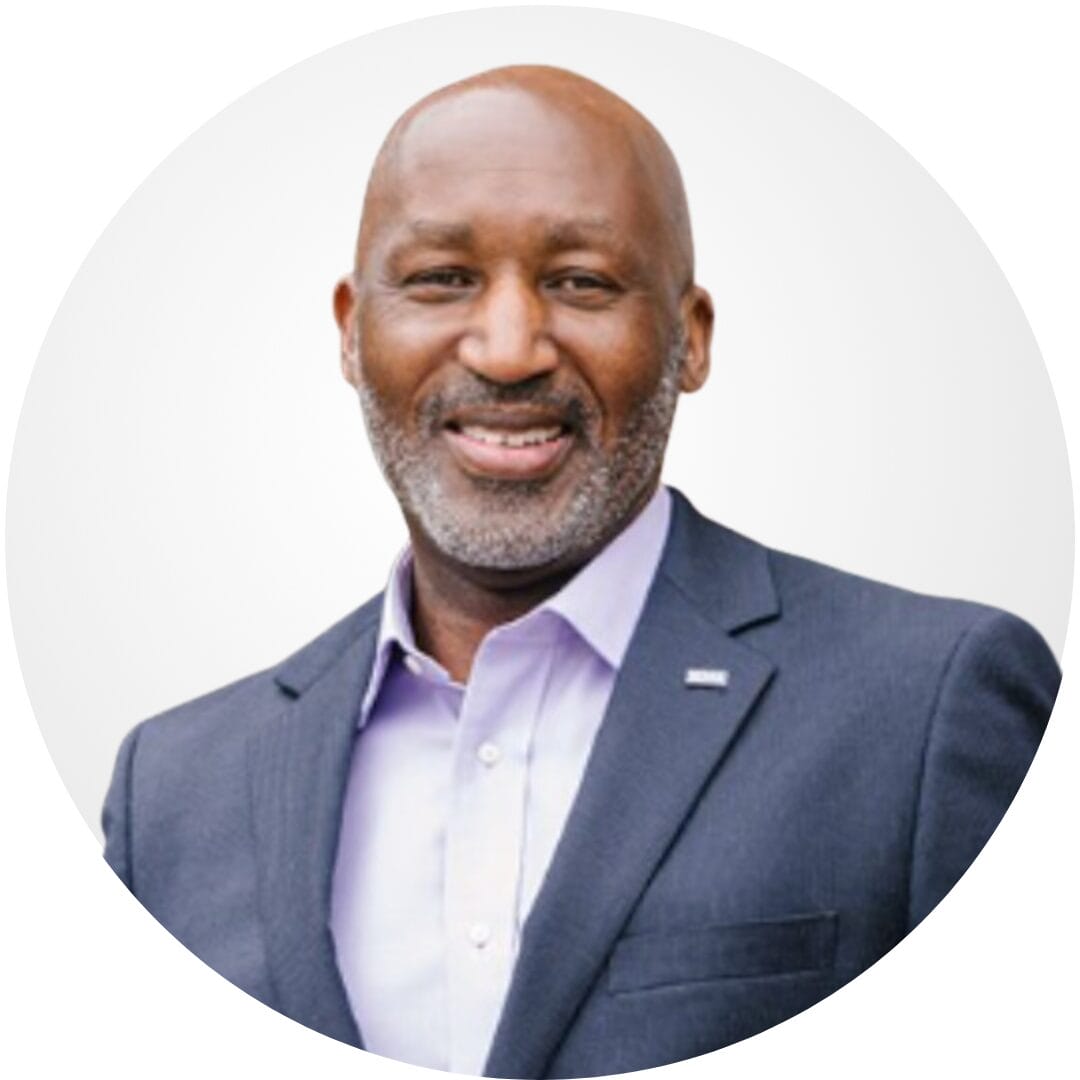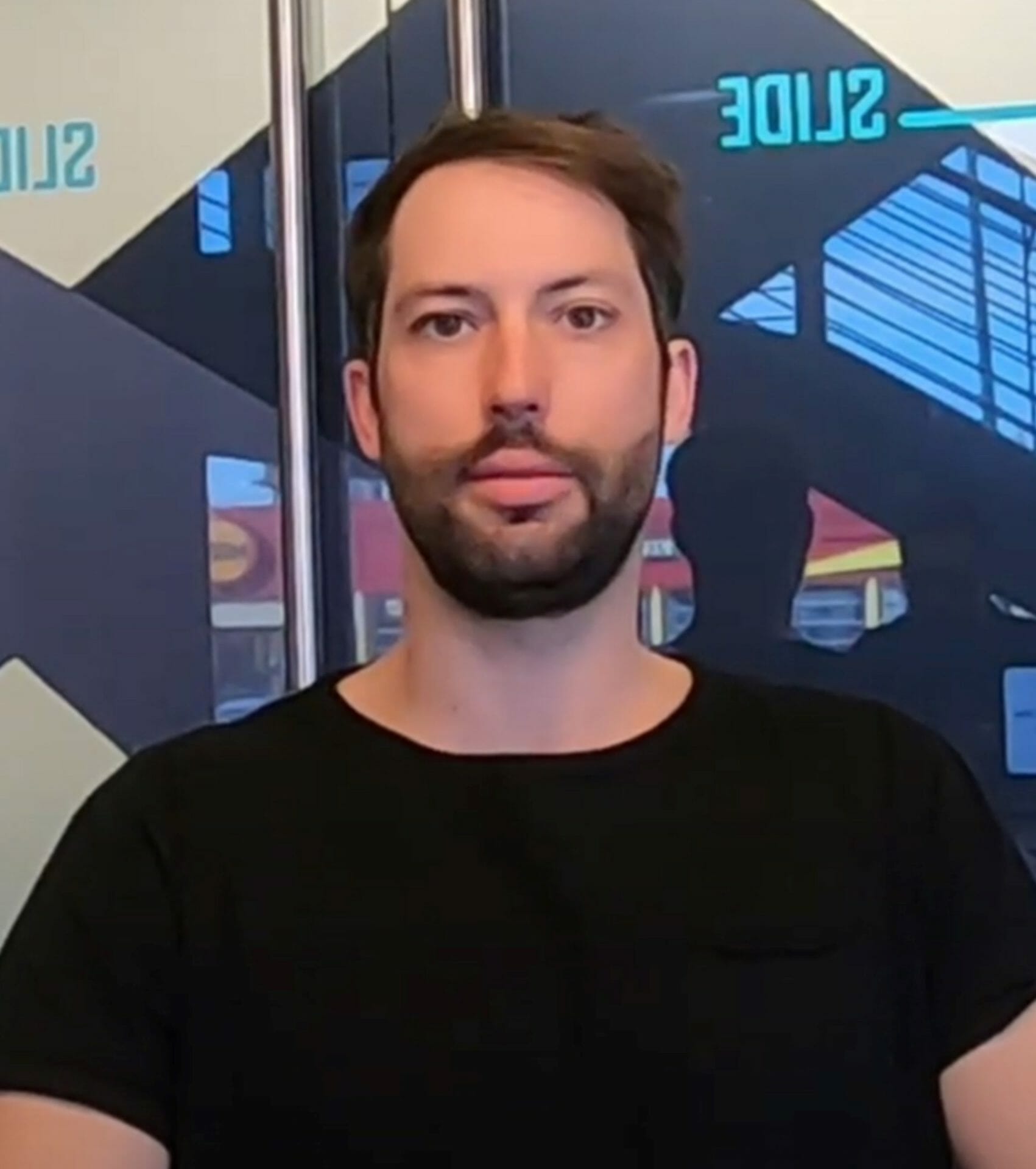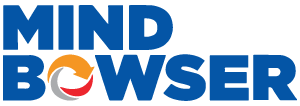A recent report by Mordor Intelligence suggests the global mental health apps market reached a staggering $7.09 billion in 2024. Today, the demand for mental health apps is rising. These digital platforms, known as “Mental health on-demand apps,” are essential for people seeking support. They offer easy access to resources and services anytime, anywhere.
Mental health app features are crucial for making these platforms user-friendly. They include crisis intervention tools, therapist matching services, self-help resources, mood tracking, goal setting, progress tracking, and community support. These features create a comprehensive ecosystem for managing mental well-being.
Thorough planning is important in mental health app development. Developers must understand the audience’s needs and preferences. Researching existing apps helps identify areas for improvement. Design focuses on creating simple yet engaging interfaces, while development ensures features are integrated properly.
Mental health on-demand apps are crucial for promoting well-being. By incorporating key features and following a structured development process, developers can create apps that truly help people. In this blog, let’s explore the key features that make these apps effective and look into the development costs of a mental health application.
In mental health app development, adding essential features is key to creating an effective platform. One aspect is ensuring that the app includes a range of mental health app features to cater to the various needs and preferences of users. The following features are a must-have for your on-demand mental health app: –
Having a smooth and simple user experience is essential in mental health app development. A friendly UI is important to improve engagement. Clear navigation and calming aesthetics also play an important role in creating a welcoming space for users to explore and interact with the app.
When designing the interface of a mental health app, it’s important to prioritize features that promote ease of use. This includes organizing information logically, providing clear labels and instructions, and minimizing clutter to reduce mental burden. Users should navigate the app effortlessly, finding resources and features without feeling overwhelmed.
Incorporating calming aesthetics into the app design can deliver a soothing and reassuring atmosphere. Overall, a human-centered design experience will encourage users to engage with your app regularly.
Self-assessment tools are among the fundamental mental health app features that encourage users to take control of their well-being. These tools help users to evaluate their mental health status, identify potential concerns, and track changes over time. Self-awareness and early detection tools are crucial in facilitating active wellness routines.
Self-assessment tools can come in various forms, including questionnaires, quizzes, and interactive assessments. These tools can cover a variety of mental health issuessuch as stress, anxiety, depression, mood disorders, and more. By offering diverse self-assessment options, mental health apps can serve customers with their unique needs
When developing amental health app, developers should be prioritizing the integration of self-assessment tools as a core component of the app’s functionality. This involves collaborating with mental health professionals to design evidence-based assessments and incorporating user feedback to improve usability and effectiveness.
Personalization stands out as a must-have component among mental health app features. Tailoring content to match individual preferences and needs is important to improving user engagement and developing a sense of connection with the app. By offering personalized meditations, journaling prompts, and resources, users feel understood and supported on their unique paths to wellness.
Developers must leverage data analytics and user feedback to understand individual preferences and behavior patterns. This insight can inform the creation of algorithms and recommendation systems that deliver tailored content to each user, making the user experience fun and interesting.
Personalization extends beyond content delivery to features such as customizable reminders, goal-setting functionalities, and progress-tracking tools. By letting users personalize their app experience according to their specific goals and preferences their sense of ownership over their mental health improvement is strengthened.
Among the essential mental health app features, mood-tracking functionalities play a significant role in helping users understand their mental well-being. these features provide an evident record of emotional states over time by allowing users to log their moods throughout the day. This enables users to identify patterns, triggers, and trends in their mood fluctuations, letting them take steps toward self-improvement.
Mood journals, a key component of mood-tracking features, provide users with a platform to record their thoughts, feelings, and experiences. By noting down their emotions and the circumstances surrounding them, users can gain clarity and insight into the factors influencing their mood.
When exploring how to create a mental health app, developers should prioritize mood-tracking features as a core component of the app’s functionality. This involves collaborating with mental health professionals to ensure that the features are evidence-based and aligned with best practices in emotional regulation and self-care.
Among the essential mental health app features, educational content provides the knowledge and tools they need to handle their mental well-being effectively to the users. By partnering with qualified professionals such as therapists, counselors, and psychologists, apps can offer expert guidance and support to users from diverse backgrounds and experiences.
Educational sessions within the app can cover different topics tailored to users’ needs and interests. For example, sessions may focus on teaching coping strategies for managing stress, techniques for improving sleep quality, or skills for enhancing emotional regulation. Sessions can also delve into various mental health conditions such as anxiety disorders, depression, or trauma, providing users with a deeper understanding of their experiences and options for treatment.
Daily activities and exercises promote users’ mental well-being on a day-to-day basis. Features like daily activities and exercise can help users stay accountable and motivated to engage in self-care activities regularly. By offering a variety of activities tailored to different needs and preferences, apps can support users in building coping skills to handle the ups and downs of daily life.
Guided meditations help users practice mindfulness and relaxation techniques. These sessions, led by experienced instructors or therapists, guide users through meditation exercises to calm the mind, reduce stress, and promote overall well-being. Relaxation techniques such as deep breathing progressive muscle relaxation, and visualization exercises can help users manage stress and anxiety more effectively.
Progress tracking allows users to monitor their growth and development over time. Incorporate features such as data visualization, goal setting, and personalized feedback, to make users feel empowered and accountable for their wellness journey.
Data visualization tools provide users with a clear and visual representation of their progress, making it easier to track changes and trends over time. Charts, graphs, and timelines allow users to see their achievements and areas for improvement at a glance, motivating them to stay committed to their mental health goals.
Personalized feedback helps users to understand their progress and identify areas for growth. By analyzing users’ data and behaviors, the app can offer tailored insights and recommendations to support their mental health goals. Whether it’s celebrating milestones or suggesting adjustments to their strategies, progress tracking keeps users engaged and motivated on their path toward improved well-being.
Features such as community forums, chat rooms, and support groups create a safe space for individuals to connect and find peace in shared experiences. Anonymous forums allow users to engage in open discussions without revealing their identities, offering privacy and confidentiality. Users can share their thoughts, concerns, and experiences without fear of judgment, creating a supportive environment to seek advice and peer validation.
Incorporating online community features into a mental health app requires careful consideration of user privacy, safety, and moderation. Developers must implement measures to protect users’ identities and ensure that the community remains a supportive and respectful environment for all members. Features such as moderation tools, community guidelines, and reporting mechanisms help maintain the integrity of the community and address any issues or concerns that may arise.
By building a supportive and inclusive environment, mental health apps empower users to seek help, build relationships, and go through a confident mental health journey.
Providing convenient access to licensed therapists through virtual consultations is important to break down barriers to mental health care. Features such as text, audio, and video chat functionalities ensure flexible and accessible support options for users.
Virtual consultations allow users to connect with licensed therapists from the comfort of their own homes, eliminating the need for travel or scheduling conflicts. Text chat enables users to communicate with therapists through written messages, offering a discreet and convenient option for those who prefer to express themselves in writing.
Audio chat allows users to engage in real-time conversations with therapists using voice communication. This option provides more personal and immediate support, allowing users to hear the therapist’s voice and receive verbal guidance and reassurance.
Video chat functionality offers users the most immersive and interactive virtual therapy, allowing face-to-face therapeutic communication. Video sessions enable users to establish a stronger relationship with their therapists, as they can see each other’s facial expressions and body language, enhancing the session experience.
By offering a simple and user-friendly platform for virtual consultations, mental health apps can help users overcome barriers to care and access the support they need to improve their mental well-being.
Related Read: Future of Telemedicine in the USA with its Benefits & Challenges
During times of crisis, immediate support is crucial for individuals in distress. Offering users access to resources such as hotlines, crisis text lines, and safety plans provides help to users when they need when they need it most.
Hotlines provide users immediate access to trained professionals who can offer support, guidance, and intervention during a crisis. Users can call these hotlines to speak with a counselor or therapist who can provide emotional support, crisis intervention, and referrals to additional resources or services as needed.
Crisis text lines offer alternative support for individuals who may prefer text-based communication. Users can text a crisis helpline to connect with trained volunteers who can provide support, information, and resources immediately. Crisis text lines offer a confidential and accessible way for individuals to seek help during moments of crisis.
Features such as in-app crisis chat support, emergency contact integration, and geolocation-based crisis resource mapping may enhance the effectiveness of crisis support features within the app. Mental health apps can help users feel more supported and empowered to handle difficult moments by offering crisis support resources.
Ensuring user data security is essential and non-negotiable in the development of any app. Mental health apps can build user trust and confidence in the platform’s integrity by highlighting strong security measures such as encryption and transparent privacy policies.
By encrypting sensitive information such as personal details, communication logs, and health records, mental health apps can prevent unauthorized access and ensure the confidentiality and integrity of user data. Transparent privacy policies should detail the types of data collected, the purposes for which it is used, and any third parties with whom it may be shared.
Incorporating security measures policies into a mental health app requires an expert approach to data protection and compliance with relevant regulations such as GDPR and HIPAA. Developers must implement industry-standard security protocols, conduct regular security audits, and stay informed about emerging threats and vulnerabilities to mitigate risks to user data.
Related Read: Top 10 Best Mental Health Apps for 2024
Ensuring the inclusivity and accessibility of the app for all users is also necessary. Features such as text-to-speech conversion and screen reader compatibility guarantee access for individuals with various needs.
Text-to-speech conversion allows users to listen to written content, catering to those who may have visual impairments or difficulty reading text on screens. This feature converts written text into spoken words, enabling users to access information, articles, and resources through audio output.
Screen reader compatibility ensures that individuals with visual impairments can navigate the app effectively using assistive technologies. Incorporating inclusive and accessible features into a mental health app shows a commitment to diversity and equality. Developers must prioritize accessibility standards and guidelines such as WCAG (Web Content Accessibility Guidelines) to ensure that the app is usable by individuals with disabilities.
Developing an on-demand mental wellness app requires a significant investment in time, resources, and expertise. The costs associated with such development can vary depending on factors such as the scope of features, complexity of development, and design complexities.
As a leading mental health app development company, we understand the importance of estimating the right cost for developing an app. There is no fixed rate for mobile app development, and the cost depends on various factors such as features and functionality, technical complexity, custom design requirements, app engagement and marketing strategies, choice of technology, and ongoing maintenance costs.
Technical complexity is another factor that can significantly impact app development costs. Projects that require advanced algorithms, real-time data processing, or integration with complex backend systems may require more time and resources, resulting in higher development costs.
Custom designs and animations also contribute to the cost of app development. While off-the-shelf design templates may be more affordable, custom-designed interfaces and animations can enhance the user experience and set the app apart from competitors.
Post-release expenses, such as app maintenance, monitoring, licenses, and updates, should also be considered when estimating the total cost of app development. These ongoing expenses ensure that the app remains functional, secure, and up-to-date with the latest technologies and industry standards.
If you’re considering developing a mental health app, we’re here to help you navigate the process and create a solution that meets your needs and exceeds your expectations.

At Mindbowser, we bring years of experience and expertise to the table when it comes to mental health app development. Our focus on user-centric design and strong backend infrastructure makes sure that we can turn your vision into a reality.
We prioritize the user experience above all else. Our team works closely with you to understand your users’ needs and preferences, crafting a design that is simple, engaging, and easy to use. From wireframing and prototyping to final design implementation, we ensure that every aspect of your app’s design is thoughtfully crafted to delight your users.
Our backend developers follow industry best practices and standards to build a secure and scalable backend system that protects user privacy and confidentiality. We prioritize security at every step of the development process. From secure data storage and transmission to encryption and access controls, we take every precaution to ensure that your users’ data is safe and protected.
At Mindbowser, we are committed to providing you with a seamless app development journey from start to finish. We handle every aspect of the development process, from ideation and design to development, testing, and deployment, ensuring that your app is delivered on time and within budget.
With us as your development partner, you can rest assured that your mental health app will be built to the highest quality, security, and performance standards.
Contact us today to learn more about how we can help you bring your app to life!
Mental health apps aim to be a comprehensive resource for emotional well-being. They provide tools for self-management, like mood tracking and relaxation exercises, while also offering connections to professional help and fostering a sense of security through data privacy measures.
Building a mental health app requires defining a target audience and their needs, then crafting features like self-help tools and secure connections to therapists. User privacy and HIPAA compliance are crucial, and development involves user testing and ongoing updates.
It’s a state of well-being that involves your emotional, psychological, and social health. It affects how you think, feel, and act, impacting how you handle stress, relate to others, and make choices.
Mental health apps provide accessible, affordable mental health support by offering self-management tools, 24/7 resources, and mood tracking for self-awareness, all working to empower users and complement professional therapy.

We worked with Mindbowser on a design sprint, and their team did an awesome job. They really helped us shape the look and feel of our web app and gave us a clean, thoughtful design that our build team could...


The team at Mindbowser was highly professional, patient, and collaborative throughout our engagement. They struck the right balance between offering guidance and taking direction, which made the development process smooth. Although our project wasn’t related to healthcare, we clearly benefited...

Founder, Texas Ranch Security

Mindbowser played a crucial role in helping us bring everything together into a unified, cohesive product. Their commitment to industry-standard coding practices made an enormous difference, allowing developers to seamlessly transition in and out of the project without any confusion....

CEO, MarketsAI

I'm thrilled to be partnering with Mindbowser on our journey with TravelRite. The collaboration has been exceptional, and I’m truly grateful for the dedication and expertise the team has brought to the development process. Their commitment to our mission is...

Founder & CEO, TravelRite

The Mindbowser team's professionalism consistently impressed me. Their commitment to quality shone through in every aspect of the project. They truly went the extra mile, ensuring they understood our needs perfectly and were always willing to invest the time to...

CTO, New Day Therapeutics

I collaborated with Mindbowser for several years on a complex SaaS platform project. They took over a partially completed project and successfully transformed it into a fully functional and robust platform. Throughout the entire process, the quality of their work...

President, E.B. Carlson

Mindbowser and team are professional, talented and very responsive. They got us through a challenging situation with our IOT product successfully. They will be our go to dev team going forward.

Founder, Cascada

Amazing team to work with. Very responsive and very skilled in both front and backend engineering. Looking forward to our next project together.

Co-Founder, Emerge

The team is great to work with. Very professional, on task, and efficient.

Founder, PeriopMD

I can not express enough how pleased we are with the whole team. From the first call and meeting, they took our vision and ran with it. Communication was easy and everyone was flexible to our schedule. I’m excited to...

Founder, Seeke

We had very close go live timeline and Mindbowser team got us live a month before.

CEO, BuyNow WorldWide

Mindbowser brought in a team of skilled developers who were easy to work with and deeply committed to the project. If you're looking for reliable, high-quality development support, I’d absolutely recommend them.

Founder, Teach Reach

Mindbowser built both iOS and Android apps for Mindworks, that have stood the test of time. 5 years later they still function quite beautifully. Their team always met their objectives and I'm very happy with the end result. Thank you!

Founder, Mindworks

Mindbowser has delivered a much better quality product than our previous tech vendors. Our product is stable and passed Well Architected Framework Review from AWS.

CEO, PurpleAnt

I am happy to share that we got USD 10k in cloud credits courtesy of our friends at Mindbowser. Thank you Pravin and Ayush, this means a lot to us.

CTO, Shortlist

Mindbowser is one of the reasons that our app is successful. These guys have been a great team.

Founder & CEO, MangoMirror

Kudos for all your hard work and diligence on the Telehealth platform project. You made it possible.

CEO, ThriveHealth

Mindbowser helped us build an awesome iOS app to bring balance to people’s lives.

CEO, SMILINGMIND

They were a very responsive team! Extremely easy to communicate and work with!

Founder & CEO, TotTech

We’ve had very little-to-no hiccups at all—it’s been a really pleasurable experience.

Co-Founder, TEAM8s

Mindbowser was very helpful with explaining the development process and started quickly on the project.

Executive Director of Product Development, Innovation Lab

The greatest benefit we got from Mindbowser is the expertise. Their team has developed apps in all different industries with all types of social proofs.

Co-Founder, Vesica

Mindbowser is professional, efficient and thorough.

Consultant, XPRIZE

Very committed, they create beautiful apps and are very benevolent. They have brilliant Ideas.

Founder, S.T.A.R.S of Wellness

Mindbowser was great; they listened to us a lot and helped us hone in on the actual idea of the app. They had put together fantastic wireframes for us.

Co-Founder, Flat Earth

Mindbowser was incredibly responsive and understood exactly what I needed. They matched me with the perfect team member who not only grasped my vision but executed it flawlessly. The entire experience felt collaborative, efficient, and truly aligned with my goals.

Founder, Child Life On Call

The team from Mindbowser stayed on task, asked the right questions, and completed the required tasks in a timely fashion! Strong work team!

CEO, SDOH2Health LLC

Mindbowser was easy to work with and hit the ground running, immediately feeling like part of our team.

CEO, Stealth Startup

Mindbowser was an excellent partner in developing my fitness app. They were patient, attentive, & understood my business needs. The end product exceeded my expectations. Thrilled to share it globally.

Owner, Phalanx

Mindbowser's expertise in tech, process & mobile development made them our choice for our app. The team was dedicated to the process & delivered high-quality features on time. They also gave valuable industry advice. Highly recommend them for app development...

Co-Founder, Fox&Fork
